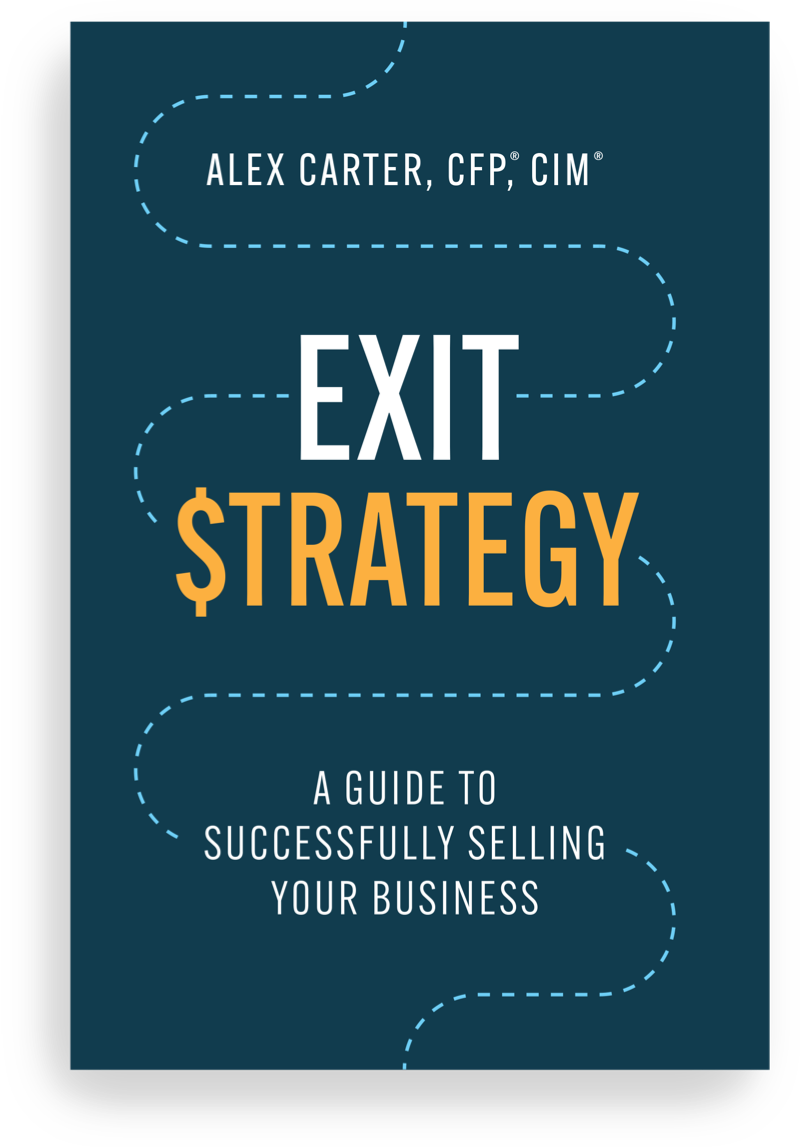Chances are, you’ve read in the news about a once-obscure, now famous stock called GameStop. It’s a fascinating saga, and there are timeless lessons for investors.
Some background: GameStop is a bricks and mortar retailer of video games and consumer electronics. In a world where seemingly everything is moving online, GameStop does not exactly occupy a lucrative niche. They haven’t even turned a profit in years, in fact.
Due to the prospects for the company, some big Wall Street firms known as hedge funds decided to actively bet against the share price of GameStop by taking what are known as short positions. An investor shorting a stock borrows shares from someone (paying a fee to do so), and then sells them into the open market. The short-seller now has cash, and they also (and this is key) have an obligation to at some point return the same quantity of shares they borrowed.
When a large percentage of a company’s outstanding shares have been sold short, there’s always the risk of what’s called a “short squeeze”. Basically, if the stock starts to rise for whatever reason, the people who are short rush to buy back the shares they borrowed and sold. This can send the price even higher.
You can be “long” a stock (when you own it and are bullish) or “short a stock” (when you don’t have it and are bearish). Yet the risks between being long and short aren’t equal. Here’s an example. Let’s say you bought shares of Stock XYZ and paid $15 per share. The worst thing that can happen is that it goes to $0. You’d lose all the money you put in, which obviously wouldn’t be great, but your risk is defined.
Now let’s imagine you “short” Stock XYZ at $15 instead. And instead of falling, it soars to $300 a share. Perhaps you shorted $10,000 worth of it. Covering (buying it back) at $300 would set you back $200,000. Just a huge loss.
In the case of GameStop, people on the popular social media site Reddit realized there was a big short position in the company’s stock, and started relentlessly buying it. The aim was partly financial, but there also seems to have been a “stick it to Wall Street” element as well. End result (so far)? GameStop’s stock price chart looks like a hockey stick. From $18 on January 7, it’s rocketed to $328 at the time of writing.
There’s been a lot said about this episode. A lot of ink has been spilled delving into the role of hedge funds and short-selling in markets, and how Wall Street finally got what it deserved. On the opposite end, many people believe what the Redditors have orchestrated amounts to market manipulation.
For the individual investor, though, there’s something else that needs to be remembered: Whatever you think of the war between the hedge funds and the Reddit army, it’s important to not lose sight of the fact that at these nosebleed prices, GameStop is ultimately an accident waiting to happen. There’s just no relationship between its market value (over US$20 billion!) and its profits (non-existent!).
From time to time throughout history, the New Yorker reminds us, we see what’s been referred to as the madness of crowds. They drove Dutch tulip prices to the moon in the 1600s, internet stocks to the stratosphere in 1999, and now they’ve seized on GameStop. The stories are always unique, but they all amount to manias.
Whatever side you’re inclined to take in the hedge funds vs. Redditors battle, look at the current share price of GameStop as a warning, not an opportunity. Because when it comes to markets, a wise man once said that parabolic moves don’t end by going sideways. Anyone buying the stock at today’s prices will likely regret it.



